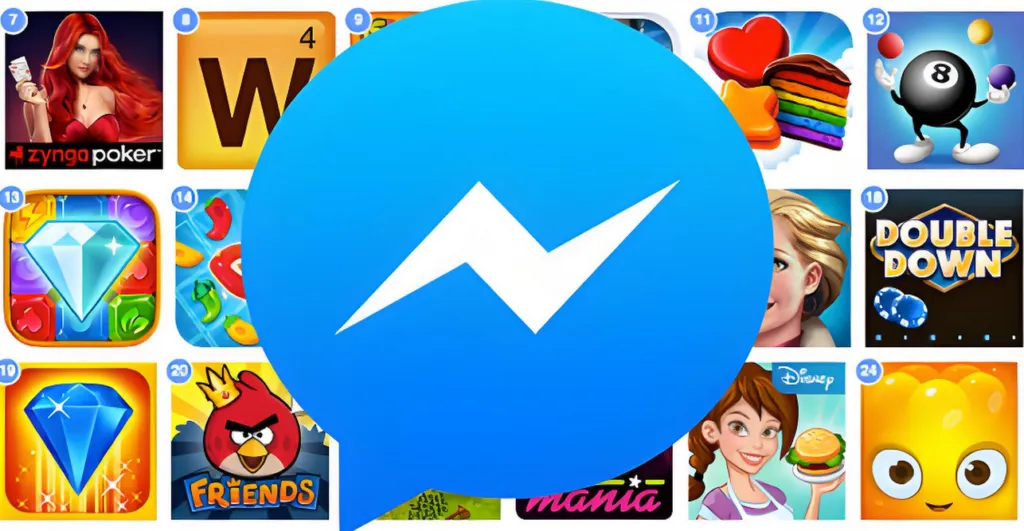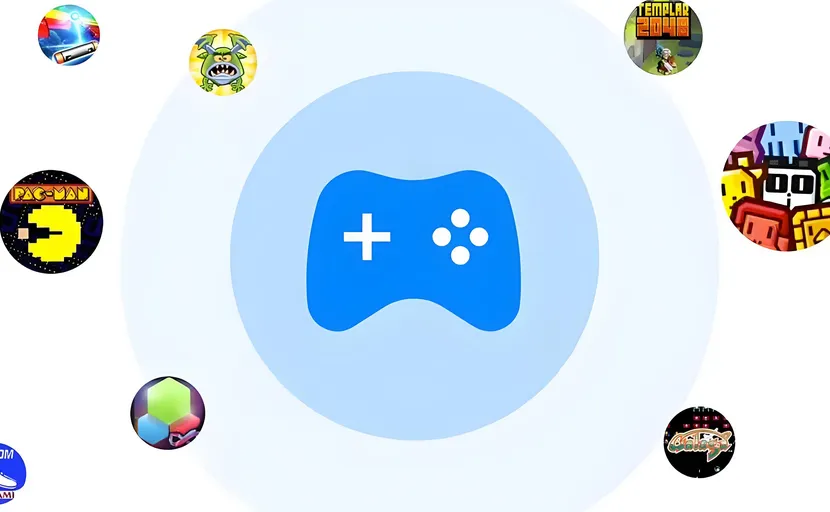The Birth and Development of Instant Games: The Journey of Mini-Games
In the vast sea of modern social media, Facebook's Instant Games stands out as a remarkable innovation. Launched in November 2016, Instant Games aimed to provide users with a seamless, instant gaming experience. Users could dive into games with just a click, without the need for downloads or installations. This click-and-play model quickly captured users' attention.
In 2017, Facebook further opened the Instant Games platform to more developers, introducing ads and in-app purchases, allowing developers to monetize their games. By 2018, the platform had added social features like leaderboards and multiplayer modes, enhancing user interaction. In 2019, Facebook separated Instant Games from Messenger, consolidating it within the main Facebook app for a more streamlined user experience. Today, Instant Games continues to expand and optimize, drawing in a large user base and a plethora of developers.

Comparing Mini-Games and Traditional Games: A Battle of Simplicity and Complexity
Mini-games and traditional games differ fundamentally, each boasting unique advantages and charm.
Immediacy and Convenience
The primary advantage of mini-games is their immediacy and convenience. Users can start playing without downloads or installations, simply by opening a browser or social platform. This click-and-play feature significantly lowers the entry barrier, allowing users to enjoy games during short breaks. In contrast, traditional games often require lengthy downloads and installations, with longer playtimes better suited for immersive entertainment.
Development Cost and Cycle
Mini-games have lower development costs and shorter cycles. Using technologies like HTML5, mini-games can be developed quickly with fewer resources, allowing for rapid iteration and updates. Traditional games, especially AAA titles, require high-end engines and complex technology, leading to longer development cycles and higher costs.
Social Interaction and Engagement
Mini-games are often embedded within social platforms, leveraging social networks for promotion and user engagement, increasing user retention. For example, Facebook's Instant Games benefit from its vast user base, enabling easy sharing and competition among friends. Traditional games, while also featuring multiplayer modes and social functions, do not match the direct and convenient social interaction mini-games offer.
Monetization Models
Mini-games can quickly generate revenue through embedded ads and in-app purchases. Ad formats include video ads and interstitial ads, while in-app purchases might involve virtual items and level unlocks. Traditional games, on the other hand, have diverse monetization models, including direct sales, DLC (downloadable content), and subscription services.

The Future of Mini-Games: An Ocean of Endless Possibilities
Despite facing intense competition and challenges in user retention, the future of the mini-game market is bright. With the proliferation of mobile devices and the further development of social media, mini-games will continue to attract more users and developers.
Technological Advancements
As technology advances, mini-games will offer richer graphics and more varied gameplay. The widespread adoption of 5G will further enhance the smoothness and immediacy of games, improving user experience.
User Demand
The increasing demand for entertainment during short breaks will continue to drive the growth of mini-games. Whether waiting for a bus, standing in line, or taking a quick break, users can enjoy instant entertainment and relaxation through mini-games.
Business Models
The business models of mini-games will become more diverse and mature. In addition to ads and in-app purchases, new models like subscription services and brand collaborations will emerge, providing developers with more revenue streams.
Social Integration
Mini-games will further integrate social features, boosting user interaction. Enhanced multiplayer modes, social leaderboards, and friend-sharing mechanisms will make games more engaging and sticky.
In summary, mini-games have not only transformed our way of entertainment but also provided new opportunities and challenges for developers. With technological progress and changing user needs, the mini-game market is set to achieve even greater heights in the future.













